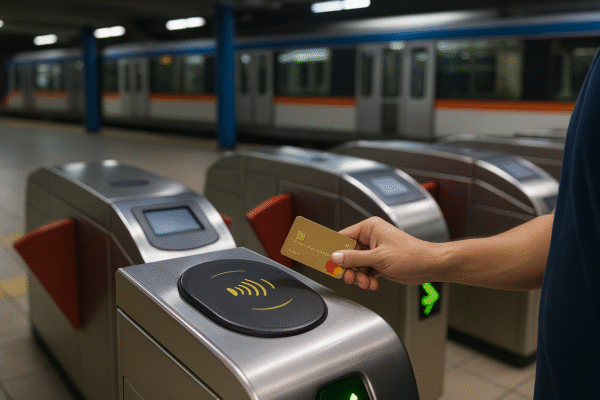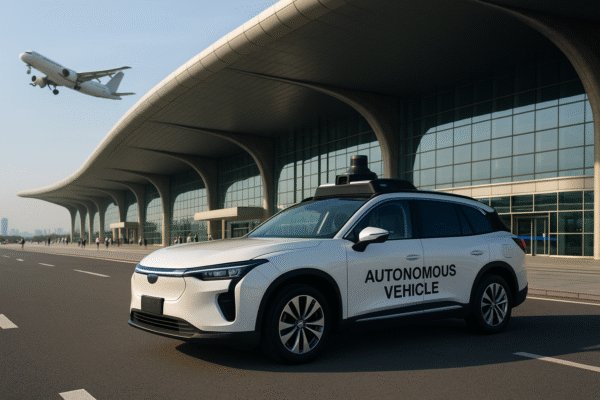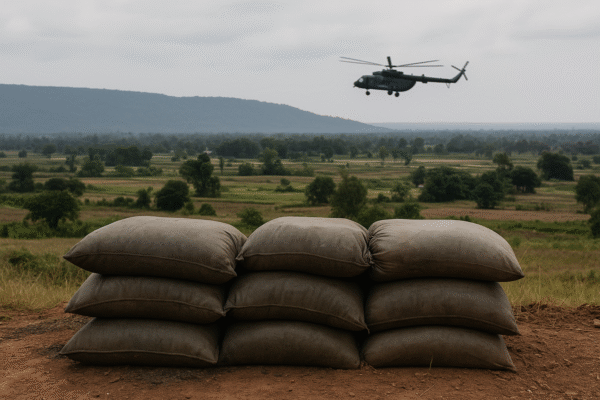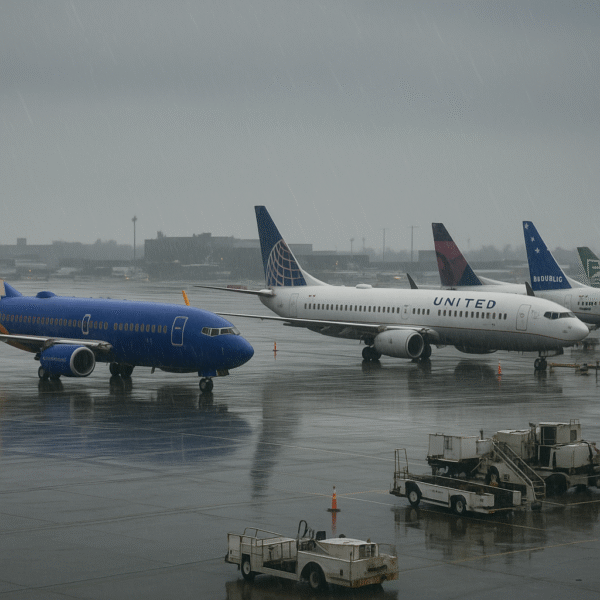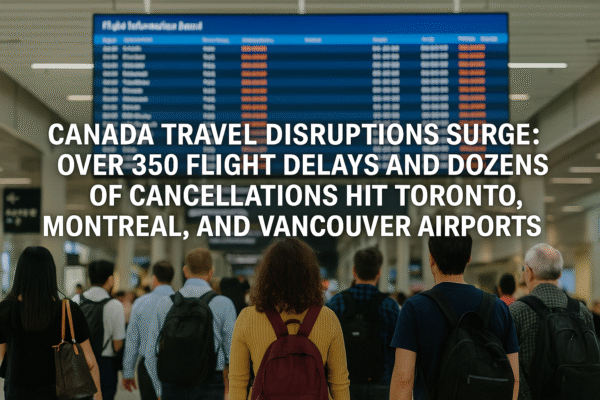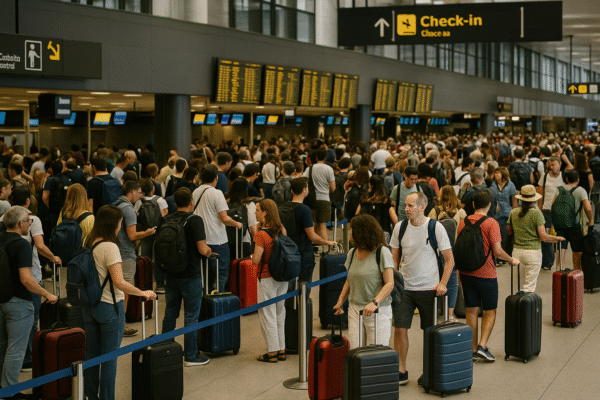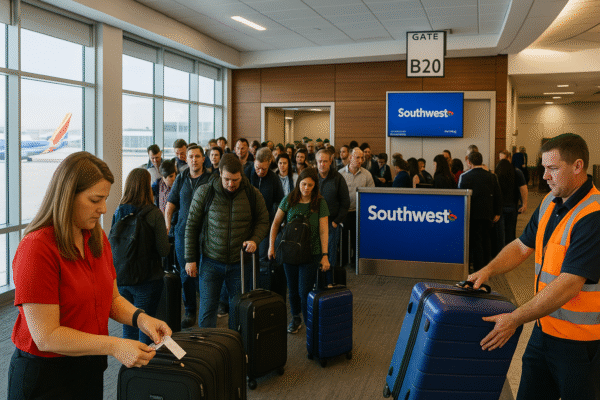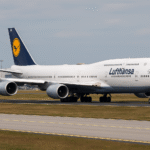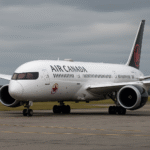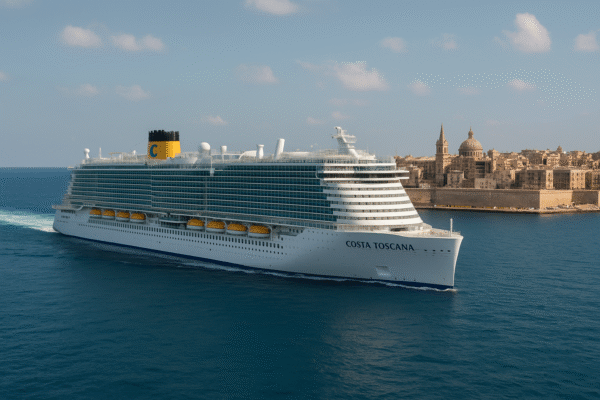Major U.S. Airlines Draw Criticism Over 2025 Baggage Fee Hikes and Gate-Check Enforcement
In a controversial shift that is reshaping air travel across the United States, major carriers including American Airlines, United Airlines, and Southwest Airlines have implemented new baggage fee structures and gate-checking policies, prompting a wave of traveler complaints. Effective throughout 2025, these changes are causing growing concern among passengers who feel airline efficiency is being prioritized at the expense of customer experience.
Southwest Airlines Ends Free Checked Bag Legacy
Southwest Airlines, once celebrated for its unique two-free-checked-bag policy, has announced a significant change effective May 28, 2025. Passengers booking Basic, Wanna Get Away Plus®, or Anytime fares after this date will now be charged $35 for the first checked bag and $45 for the second—bringing Southwest in line with its competitors.
This move has frustrated many loyal Southwest travelers, especially those accustomed to bypassing baggage fees that are standard on American and United flights. The Dallas-based carrier’s decision ends a long-standing differentiator that once earned it high marks for passenger-friendly service.
At airports like Dallas Love Field (DAL), Chicago Midway (MDW), and Los Angeles International (LAX), passengers are already feeling the effects. With more travelers bringing carry-ons to avoid the new fees, gate agents are increasingly enforcing early gate-checks—sometimes for bags that would have fit in overhead compartments. This preemptive strategy, according to Southwest, is aimed at reducing departure delays by streamlining boarding and turnaround times.
Airlines Prioritize Efficiency Over Convenience
American Airlines and United Airlines have also quietly adjusted their baggage protocols in 2025, primarily to curb boarding delays and reduce reliance on overhead bin space. While their fees haven’t changed drastically, their enforcement of carry-on size rules and gate-checking practices has intensified.
Passengers across all three airlines report being required to surrender carry-on luggage at the gate—often without the option to retrieve them plane-side, instead waiting at baggage claim. This approach has caused considerable inconvenience, especially on short-haul flights where baggage claim processes add unnecessary time to the journey.
Increased reports of gate-checked bags and long delays at destinations such as LAX and MDW have further added to the dissatisfaction. Social media platforms have seen a surge in complaints from travelers sharing photos and stories of unexpected gate-check requirements, longer airport waits, and perceived erosion of airline customer service standards.
Brand Loyalty Under Threat
Southwest’s branding has long relied on the perception of hassle-free travel: no change fees, open seating, and, until recently, complimentary checked bags. The new fees are a blow to that image, particularly in the absence of premium offerings like business class seating, international long-haul routes, or elite lounge access—features that airlines like Delta and American provide.
Additionally, Southwest passengers have expressed disappointment in the airline’s limited in-flight amenities, such as the lack of seatback entertainment and unreliable Wi-Fi. These factors, coupled with the baggage policy change, are leading travelers to reevaluate the airline’s value proposition.
“Southwest used to be my go-to because of its simplicity,” said Samantha Greer, a frequent flyer from Chicago. “Now I’m paying the same as I would with American, but getting fewer perks.”
Comparisons Highlight Passenger Discontent
Compounding the issue is the fact that competitors like Delta Air Lines and Alaska Airlines offer added assurances around baggage handling, including 20-minute baggage delivery guarantees. In contrast, Southwest passengers often report slower delivery times, especially when forced to check carry-ons that could have fit in the cabin.
The move to charge for checked luggage also comes amid a period of broader airline scrutiny. Travelers across the U.S. have been vocal about fee creep—where once-included services now come at an extra cost. The increase in charges without a corresponding increase in amenities is seen by many as a bait-and-switch that hurts the flying public.
Airlines’ Balancing Act Between Cost and Customer Experience
While airlines cite operational needs for the baggage policy changes—such as improving on-time performance and maximizing aircraft turnaround—the growing backlash suggests a misalignment between corporate strategy and customer expectations.
The U.S. Department of Transportation (DOT) reported a noticeable rise in consumer complaints related to baggage handling in early 2025. Travelers also indicate that being forced to wait at baggage claim due to gate-checks is especially frustrating during tight connections or at busy hubs like Atlanta, Denver, and LAX.
Some airline analysts argue that while the changes may lead to short-term cost savings or efficiency gains, the long-term risk to brand loyalty is substantial. “Airlines have to walk a fine line between efficiency and experience,” said Roger Blake, an aviation policy expert. “Passengers notice when they’re being nickel-and-dimed.”
Looking Ahead: Can Southwest and Others Regain Trust?
To offset some of the negative press, Southwest may consider offering Rapid Rewards incentives for checked bags or implementing faster baggage delivery systems. Meanwhile, consumer advocacy groups are calling for greater transparency and regulation around airline baggage policies to protect travelers from last-minute surprises.
For now, the skies may still be friendly—but they’re becoming more expensive, more congested, and, according to many passengers, less customer-focused.
As U.S. airlines continue adjusting their operations for profitability and efficiency, they must also remember the core tenets that earned them customer loyalty in the first place. Otherwise, travelers may start seeking alternatives that better match their expectations—especially as low-cost carriers, high-speed rail, and road trips present viable substitutes in a post-pandemic travel landscape.
For more travel news like this, keep reading Global Travel Wire

